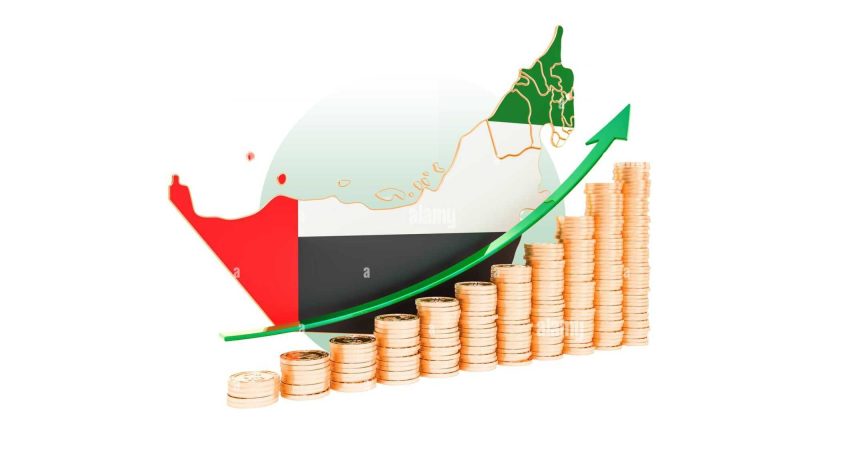Economy of UAE Towards More Sustainable Growth
The economy of the United Arab Emirates (UAE) is a remarkable example of transformation, growth, and diversification.
Since the UAE formation in 1971, the country has evolved from a modest oil-based economy into a global powerhouse.
With thriving sectors across trade, finance, tourism, and innovation.
The UAE is positioned strategically as a gateway between East and West.
Having a dynamic economy that continues to attract investors, businesses, and talent from around the world.
Let’s explore the key pillars of the UAE economy, its diversification strategies, and its vision for sustainable growth.
Historical Foundation: Oil as the Catalyst for Growth
The discovery of oil in the 1950s was the catalyst that propelled the UAE rapid economic development.
Abu Dhabi, the capital, holds the majority of the country’s oil reserves.
While petroleum exports provided the country foundation with strong wealth and infrastructure development.
By the 1970s and 1980s, the UAE became one of the world’s leading oil exporters.
Using the revenues to build modern cities, establish world-class infrastructure, and invest in public services like healthcare and education.
Despite its dependence on oil in the early decades, the UAE government, under the leadership of Sheikh Zayed bin Sultan Al Nahyan, recognized the importance of economic diversification to ensure long-term stability.
This foresight helped the UAE in building a robust and sustainable economy that goes beyond oil.
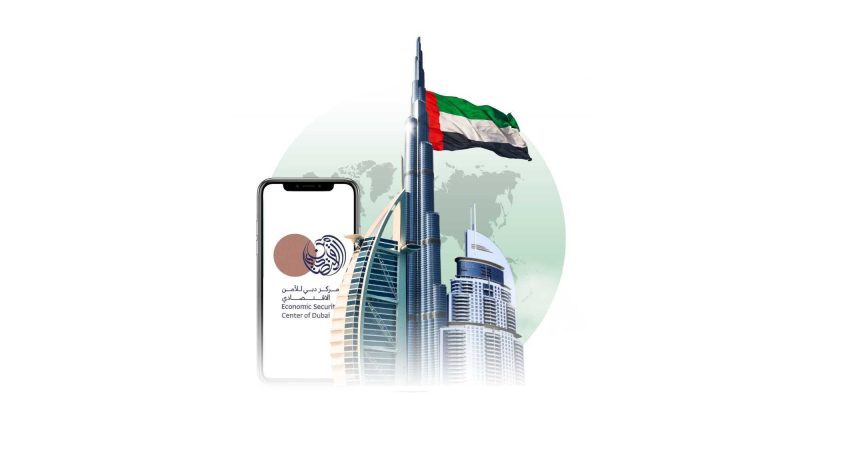
UAE Economy Diversification: Moving Beyond Oil
Today, the UAE economy is highly diversified, with oil contributing less than 30% to the national GDP.
The UAE Vision 2021 and its subsequent Vision 2030 aim to further reduce dependence on hydrocarbons.
By boosting sectors such as tourism, finance, logistics, real estate, and technology.
Tourism and Hospitality
Dubai, one of the seven emirates, has emerged as a global tourism hub.
Every year, it is drawing the attention of world tourists.
Iconic landmarks have put the UAE on the global map, including:
Burj Khalifa, Palm Jumeirah, and Dubai Mall alongside major events like Expo 2020 Dubai.
The tourism sector contributes significantly to the UAE GDP.
With plans to further expand cultural and entertainment attractions across the country.
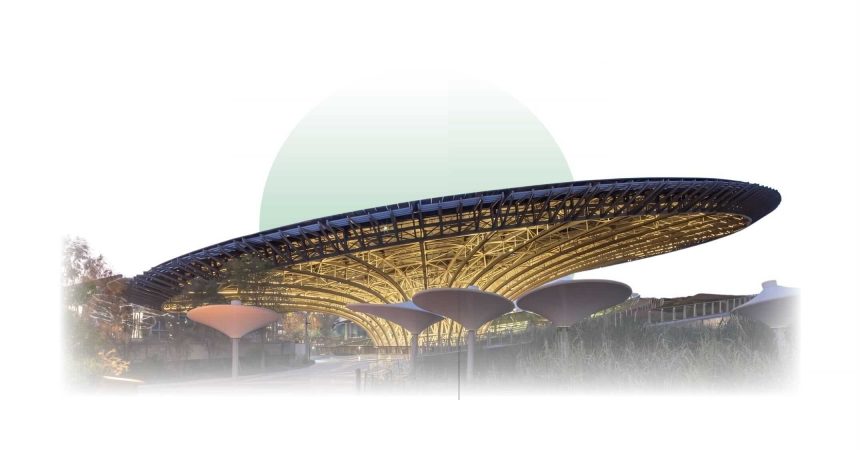
Financial Services
The UAE financial sector is anchored by global financial hubs like Dubai International Financial Centre (DIFC) and Abu Dhabi Global Market (ADGM).
It has become a cornerstone of the nation’s economy.
It has also attracted international banks, insurance companies, and investment firms.
Due to the country’s business-friendly regulations, tax incentives, and modern infrastructure.
As a result, the UAE has solidified its reputation as a leading financial center in the Middle East and North Africa (MENA) region.
Real Estate and Construction
Real estate development is a key driver of economic growth in the UAE, particularly in Dubai and Abu Dhabi.
The construction of world-class residential, commercial, and industrial properties has attracted both local and international investments.
Iconic projects such as Dubai Marina, Saadiyat Island, and Al Reem Island showcase the UAE ambition to create luxurious and futuristic urban environments.
In addition to the country’s free zones which offer significant incentives for foreign investors looking to set up businesses.
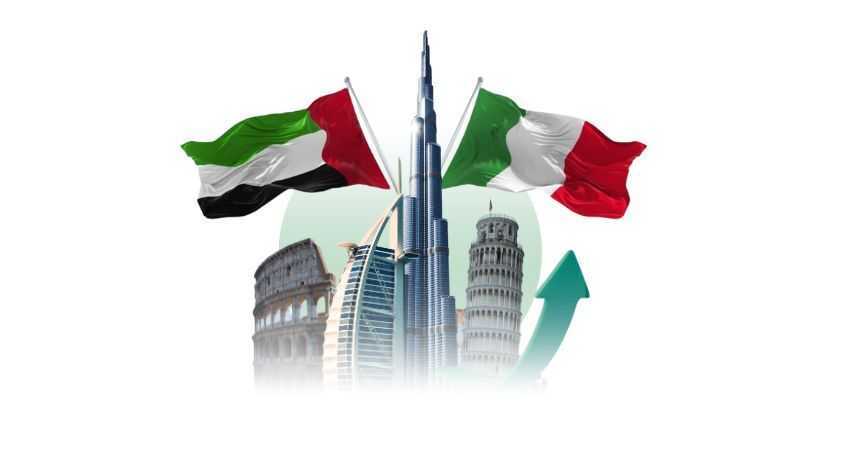
Technology and Innovation
As part of its economic diversification efforts, the UAE is heavily investing in technology and innovation.
The government’s strategy is to position the country as a leader in the Fourth Industrial Revolution.
With a strong focus on artificial intelligence (AI), blockchain, renewable energy, and smart cities.
Initiatives such as Dubai Future Foundation and the UAE National AI Program highlight the nation’s commitment to technological advancement.
Adding its investments in space exploration, including its historic mission to Mars, “Hope Probe”, which successfully reached the Red Planet in 2021.
Solidifying its place as a global leader in scientific research and innovation.
Factors Contributed to the UAE Economic Success
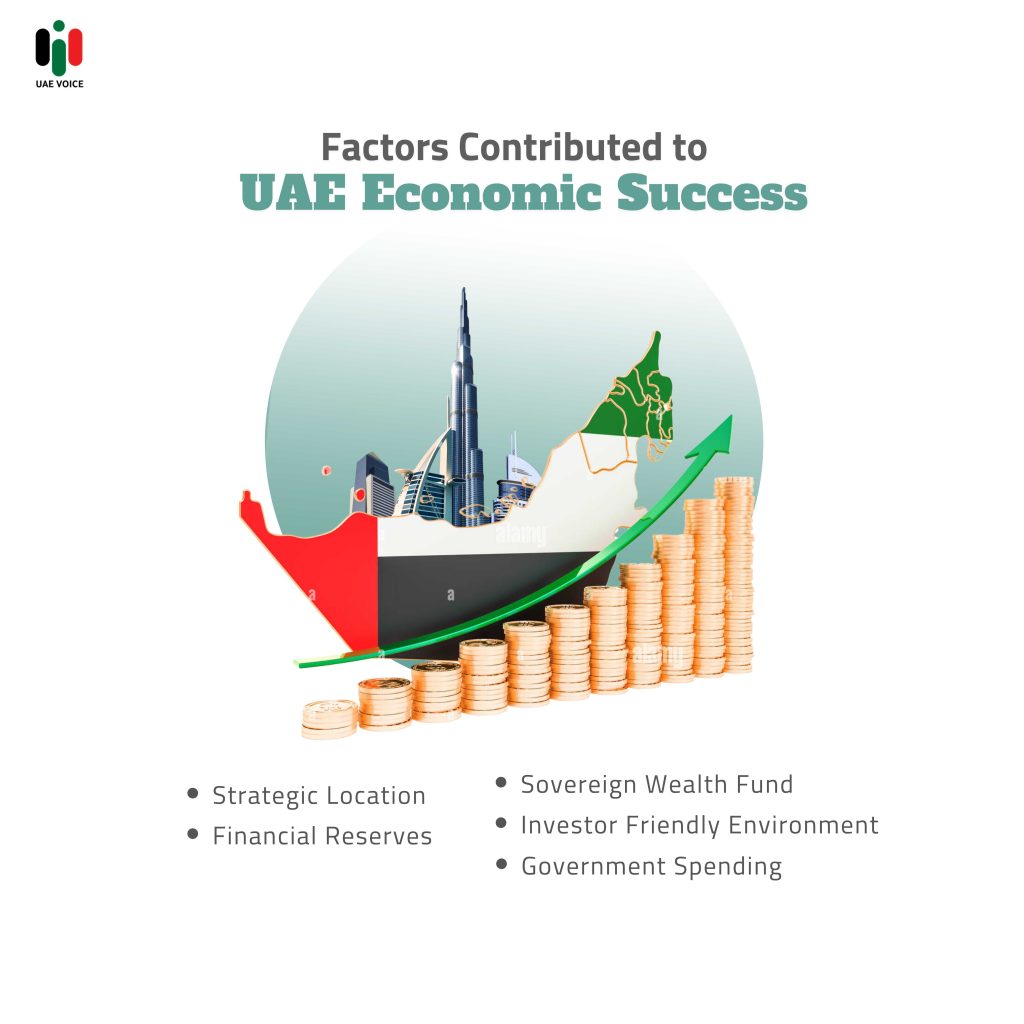
- Strategic Location: Situated at the crossroads of Europe, Asia, and Africa, the UAE serves as a vital hub for trade and investment.
- Financial Reserves: The country maintains substantial financial reserves, providing stability and resilience.
- Sovereign Wealth Fund: The UAE’s sovereign wealth fund (such as Abu Dhabi Investment Authority) plays a crucial role in investment and economic development.
- Investor-Friendly Environment: The UAE’s investor-friendly policies and free zones attract both local and foreign investment.
- Government Spending: Consistent government spending supports infrastructure development and economic growth.
Trade and Logistics: A Global Hub for Commerce
The UAE strategic location between Europe, Asia, and Africa has made it a vital hub for global trade and logistics.
Its ports and airports are connecting the country to global markets.
Such as Jebel Ali in Dubai, one of the busiest in the world, and Dubai International Airport (DXB) and Abu Dhabi International Airport (AUH).
Moreover, Dubai is the home of Emirates Airlines, one of the largest international carriers.
While Etihad Airways is based in Abu Dhabi which further strengthens the UAE’s global connectivity.
The UAE is also a key member of the Gulf Cooperation Council (GCC).
In addition, it has established numerous free trade agreements with countries around the world.
Fostering stronger economic partnerships and increasing its influence in global trade.
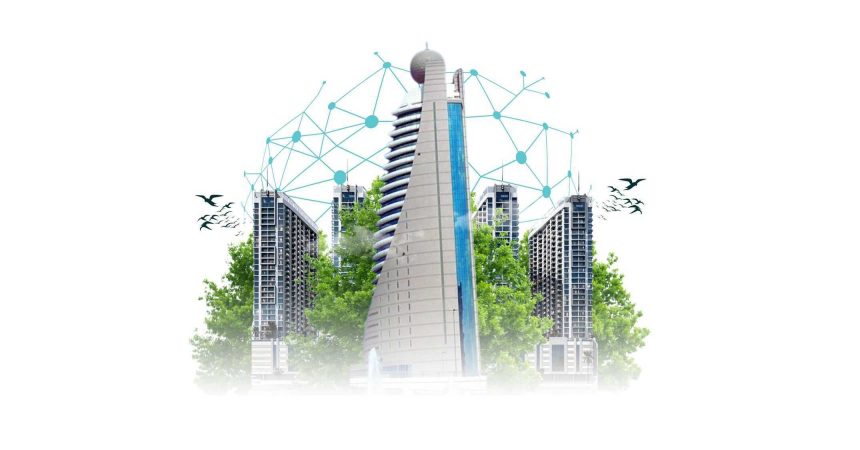
UAE Future Vision: Sustainability and Green Economy
Looking ahead, the UAE is positioning itself as a leader in sustainable development and environmental stewardship.
The UAE Energy Strategy 2050 aims to increase the contribution of clean energy to the overall energy mix to 50%.
Reducing the nation’s carbon footprint and supporting global climate change initiatives.
Major investments are being made in solar energy projects like:
- Mohammed bin Rashid Al Maktoum Solar Park which is the largest single-site solar park in the world.
- Masdar City in Abu Dhabi which is a model for sustainable urban development.
The both projects are highlighting the UAE commitment to green technology and environmental innovation.
Burj Khalifa lights up in the colors of the Lebanese flag in solidarity with the #UAE_With_You_Lebanon initiative. The campaign collected 250 tons of relief, food, and basic supplies for those affected by the emergency crisis and the current critical humanitarian conditions. pic.twitter.com/4AC4og8ovA
— UAE Voice (@uae_voiceeng) October 15, 2024
Economy of UAE: One Of the World’s Most Dynamic Economies
The UAE economy is a testament to the power of strategic planning, visionary leadership, and adaptability.
From its beginnings as an oil-reliant nation, the UAE has transformed into a diversified economy.
Playing a central role in global trade, tourism, finance, and technology.
Its ambitious plans for the future, focused on sustainability and innovation, will ensure that the UAE remains a key player on the world stage.
The nation continues to grow and evolve.
Mentioning that it is well-positioned to navigate the challenges of the 21st century.
While maintaining its status as one of the most dynamic economies in the world.


